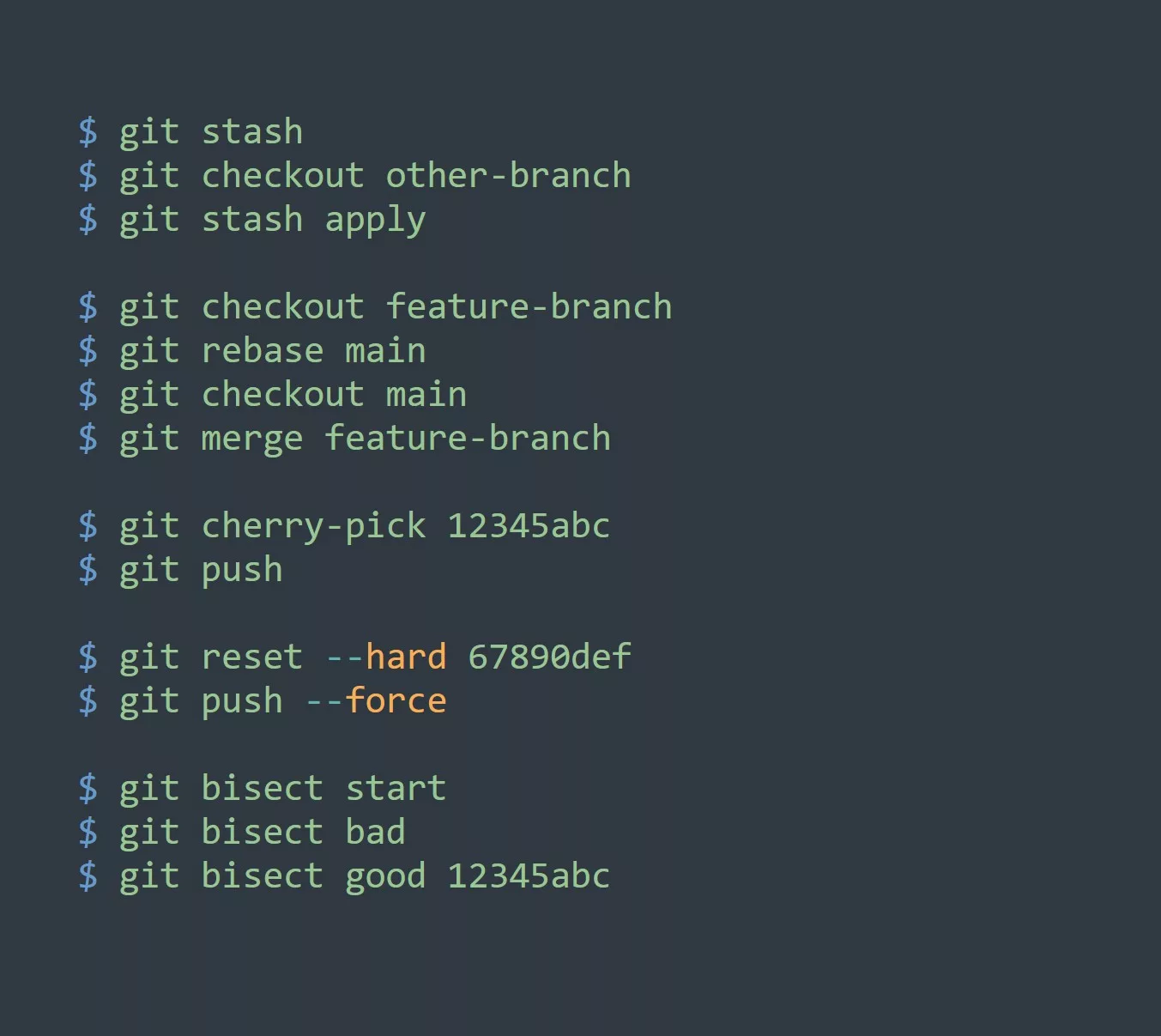Are you tired of constantly typing out long, repetitive commands in your terminal? Do you wish there was a way to simplify your workflow and increase your productivity? Look no further! In this blog, we’ll explore the power of functions in Bash and how you can use them to streamline your work.
What are Bash Functions?
Bash functions are blocks of code that can be defined and called by a specific name. They are similar to functions in other programming languages, and can be used to perform a specific task or set of tasks. Functions in Bash can be stored in a script file or can be defined directly in the terminal.
Using Functions in Bash
To define a function in Bash, you can use the following syntax:
function function_name {
commands
}
For example, let’s say we want to create a function called greet that prints a friendly message to the terminal. We could do it like this:
function greet {
echo "Hello from itvraag.nl!"
}
To call the function, simply type its name followed by a pair of parentheses:
greet
Which would output:
Hello from itvraag.nl!
Functions can also take arguments, just like in other programming languages. For example, we could modify our greet function to accept a name as an argument and customize the message accordingly:
function greet {
echo "Hello, $1 from itvraag.nl!"
}
greet "John"
This would output:
Hello, John from itvraag.nl!
Surprising Fact
Did you know that Bash functions can return values? Just like in other programming languages, you can use the return statement to pass a value back to the calling function or script. For example:
function add {
return $(($1 + $2))
}
result=$(add 3 4)
echo "The result is $result"
This would output:
The result is 7
Key Takeaways
- Bash functions are blocks of code that can be defined and called by a specific name
- Functions can be defined in a script file or directly in the terminal
- Functions can take arguments and return values
- Functions can help simplify and streamline your workflow
Tips for Increased Productivity
- Use functions to avoid typing out long, repetitive commands
- Define functions in a script file and source it in your terminal to make them easily accessible
- Use functions to encapsulate complex tasks and make them easier to understand and maintain
- Pass arguments to functions to customize their behavior
- Return values from functions to use the output in other commands or scripts
Additional Resources
- The
helpcommand can provide information about Bash built-in commands, including functions - The
mancommand can provide detailed information about Bash commands and features, including functions
Challenge
Try creating a function that calculates the area of a rectangle given its length and width as arguments. Test your function by passing different values and printing the result to the terminal.



